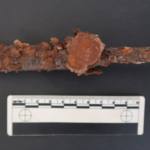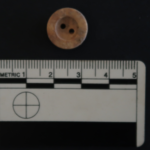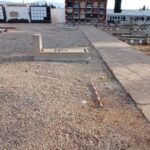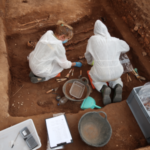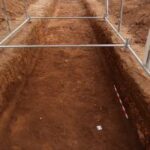2024 Spain Chelva: Mass burials from the Spanish Civil War
Open
Jun 2-Jun 29, 2024
Archaeology, Bioarchaeology, Forensic Studies
Dr. Llorenç Alapont Martin
$4,675
May 10, 2024
Apr 13, 2024 9:00am Pacific Time
8 Semester credits
Please read before applying
This program is focused on s of human remains who perished in Castellòn and its surrounding area during the Spanish Civil War and atrocities committed by the Fascist Franco regime, 1936-1956. The program is designed to train students in the process of exhumation, identification and studying human remains from mass burials in conflict zones. Its goal is to train participants in the methodological and legal issues (chain of custody, documentation, etc) that are crucial elements of such work. This program takes place where family & community members are alive and have deep and intensive interest in the identification and research work.
This program is emotionally and physically demanding. It requires the utmost respect for the dead and the living, and high emotional resilience to deal with the outcome of extreme violence performed by humans in the past. Students should be aware of the challenges and should attend only if they feel this type of experience is for them.
This program DOES NOT offer onsite professional grief counseling.
OVERVIEW
The Spanish Civil War was fought from 1936 to 1939, between Republican and Nationalist forces. The war began in 1936, when General Francisco Franco began with a coup d’état against the democratically elected Republican Spanish state. Franco wanted to establish a fascist state in Spain and was supported by the then contemporary fascist regimes of Germany and Italy. The Spanish Civil War was seen by many around the world as a struggle between dictatorship and democracy and was internationalised almost immediately. Volunteers from around the world joined combatants of both sides.
Franco’s regime was based on intense repression that took many forms. Chief among those was the physical elimination of its enemies. As Franco’s Nationalist army took over, executions and mass killings almost immediately ensued.
Castellón began to be directly affected by the Spanish Civil War at the end of March 1938. With the defeat of Republican forces at Teruel, General Aranda – the commander of the Nationalist army – advanced toward Castellón. The town fell to the Nationalist forces on June 14, 1938, and the regime began its ‘liquidation’ program immediately.
The ‘liquidation’ of political opponents at Castellón took place in three different phases. From July to October 1938, irregular killings were carried out in the streets and exits of the town, on the roads or in local cemeteries. From November 1938 to February 1939, official files were created for detainees. No judicial process was followed, and immediate death sentences were signed by the military. The third phase was an institutional one. The regime created official War Councils, and a semi-judicial process was followed before death sentences were issued. That phase lasted until 1956. The vast majority of those executed in Castellón and its hinterland were killed during the third phase.
Recent excavations of a mass grave at the cemetery of Castellón, human remains of 51 individuals were exhumed (see images attached). Due to legal protocols and chain-of-custody procedures followed by the Spanish authorities, the remains were transferred to Chelva, the Valencia regional hub for Civil War human remains.
This field school is focused on studying the remains to determine identity, cause of death and other forensic elements so proper documentation could be created and remains may be returned to families and interned in designated graves.
Each student will be responsible for the full recording & study of at least one individual, and more if time permits. This program includes extensive travel to local Civil War sites, including Teruel and Valencia. Students will learn how to contextualize the analysis of human remains with historical events, how to engage with stakeholders and how to study victims of war atrocities and mass burials.
Instructors
All field school directors are experts in their field and passionate about their work. To discuss the suitability of this program for your career goals – whether within or outside academia – you are invited to contact the directors directly. For a broader discussion which CFS program to choose, you are welcome to contact our staff directly – you can do that through our “Contact Us” page.
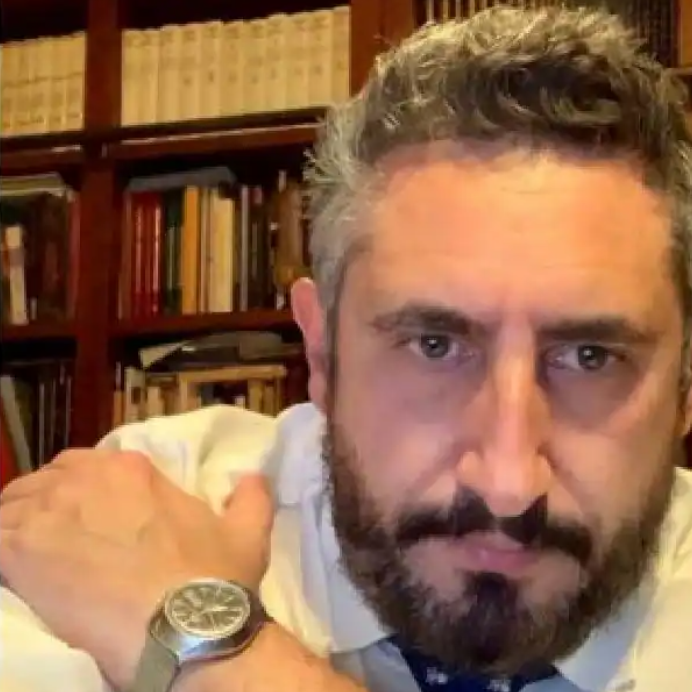

Prof. Llorenç Alapont Martin
Universidad Europea Valencia
Testimonials
This is a new program. There are no testimonials at this time
student fees (tuition)
what is covered
-
DEPOSIT IS PART OF TOTAL TUITION COST
-
Costs of Instruction
-
Room & Board
-
Cost of Academic Credit Units
-
Health and Evacuation Insurance
read befor you pay
- Application: You must apply online for this program – application is free
- Deposit: A $300 nonrefundable deposit (part of the total tuition cost) is required to secure a space in the program
- Credit Card Fee: Payments with credits cards incur 2.5% processing fee
- Late Fee: A $100 Late Fee will be added to the program costs if tuition is not paid in full by payment deadline
- Cancelation Policy: Carefully read our Cancelation Policy before committing to attend our programs
- Trip cancellation Insurance: Trip cancellation insurance is not provided by CFS. Such policies have changed due to Covid 19. If you wish to purchase an insurance policy that covers pandemic contingencies, explore Cancel for Any Reason (CFAR) plans. Insuremytrip or Travel Guard are possible websites where you may explore different insurance policies
Accommodations
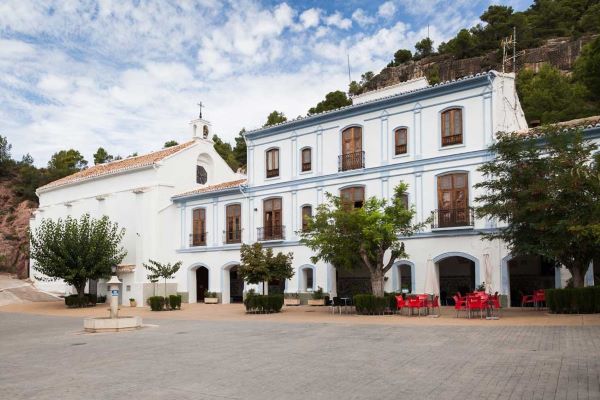

All staff and student will be staying at the 14th century Franciscan Monastery (featured at the film ‘The Name of the Rose’). The monastery was transferred to the ownership of the Vizcondal Palace Foundation – a local historical society – and has been remodelled and upgraded to become a functioning hostel. The monastery has large rooms, bathrooms, showers, library, dining room, a fully equipped kitchen, conference room, recreation and outdoor dining area, barbecue area, even a modest swimming pool.
diet


The program provides three meals a day during the week. Students are responsible for their own meals during the weekend. Please note that dinner in Spain is quite late, usually served at 8:30pm.
travel information
We suggest you hold purchasing airline tickets until six (6) weeks before the program begins. Natural disasters, political changes, weather conditions & a range of other factors may require the cancelation this field school. CFS typically makes a final Go/No Go decision about six weeks before the field school begins. To protect students from potential financial loss, we urge students to purchase airline tickets only six weeks prior to program beginning.
We will meet students on Sunday, the first day of the program, at 5:00pm at the Valencia Airport (VLC). Meeting point is by the Tourist Information Booth at the Arrival Hall. Students will then be transported to Teruel by car, a trip of about two hours.
visa information


Citizens of the US, Canada and EU countries do not require visas to enter Spain. You will need your passport to be valid for at least 90 days and will enter on a tourist visa. Citizens of other countries are asked to check the embassy website page at their home country for specific visa requirements
No vaccinations are required for entry to Italy but anyone working in archaeology in the country needs to have an up-to-date tetanus shot
Meeting Point
| Date | Time | Location |
|---|---|---|
| June 2, 2024 | 5:00pm | Valencia Airport arrival area, by the Tourist Information Booth |
Safety
Our primary concern is with education. Traveling and conducting field work involves risk. Students interested in participating in our programs must weigh whether the potential risk is worth the value of education provided. While risk is inherent in everything we do, we do not take risk lightly. We engage in intensive review of each field school location prior to approval. Once a program is accepted, we review and monitor each program annually to make sure it complies with all our standards and policies, including student safety.
Students attending our international programs are covered by a comprehensive Health Insurance policy that includes physical illness or injury, mental or chronic conditions. There are no deductible and 100% of costs are covered up to $250,000. In addition, we provide Political & Natural Disaster Evacuation policy, which allow us to remove students from program location if conditions change.
Students attending our domestic programs (within the US) must have their own health insurance and provide proof upon enrollment. Program directors are familiar with local authorities and if in need of evacuation, local emergency services and/or law enforcement will be notified and activated.
We have an explicit and robust harassments & discriminations policies. If students feel they cannot discuss personal safety issues with program staff, they are welcome to call the CFS emergency hotline and talk directly with CFS staff members.
Call (+1 562 584-0761) or email (info@fieldsciences.org) if you have questions about the safety of any program.

